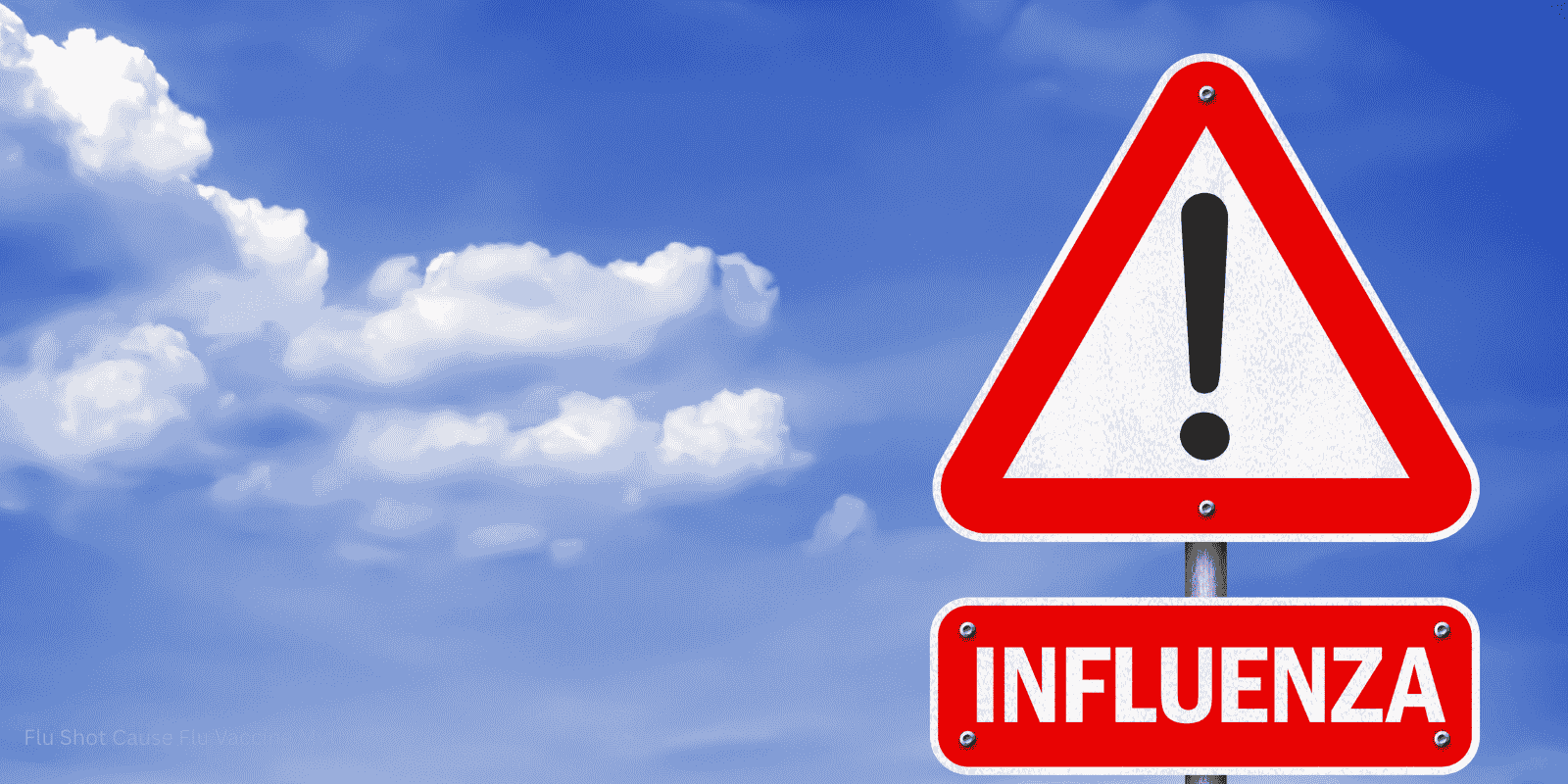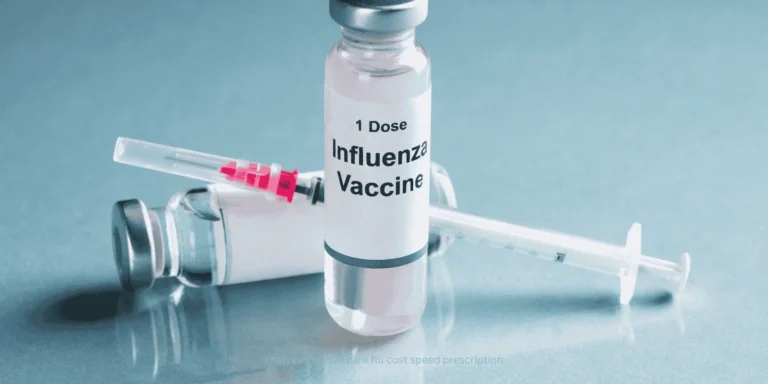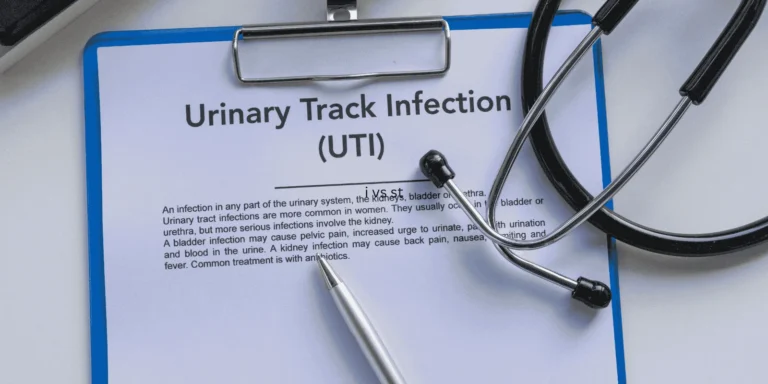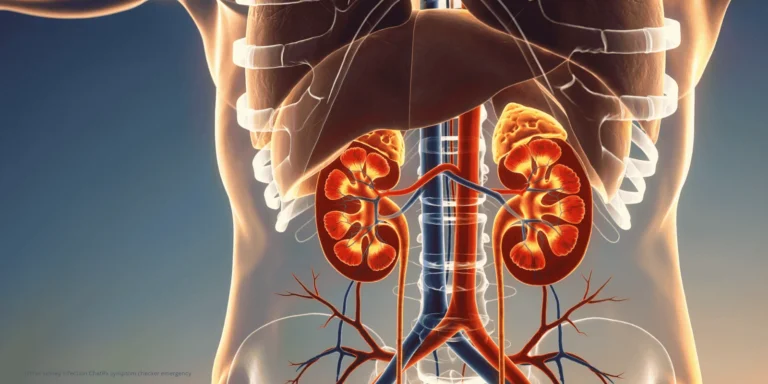No. The flu shot cannot give you the flu.
But I understand why people think it can. Let me explain what’s happening when you feel sick after getting vaccinated.
The Science Behind Flu Vaccines
Flu shots contain either inactivated (killed) virus or a single gene from the flu virus. Neither can cause influenza infection.
It’s physically impossible for dead virus particles to replicate and cause illness. It’s like saying a photo of a tiger can bite you.
Why Do Some People Feel Sick?
Several things can make you feel unwell after a flu shot:
Your immune system is working. The vaccine triggers an immune response, which can cause mild symptoms like fatigue, low-grade fever, or muscle aches. This means it’s working.
You were already getting sick. It takes 2-3 weeks after vaccination to develop full immunity. If you get the flu shot while incubating a cold or flu, you’ll blame the vaccine.
You caught something else. Lots of viruses circulate during flu season. The vaccine only protects against influenza, not every respiratory bug going around.
Coincidental timing. Sometimes you just happen to get sick around the same time you got vaccinated. Correlation isn’t causation.
The Nasal Spray Vaccine
FluMist (nasal spray vaccine) contains live but weakened virus. In extremely rare cases, this can cause mild flu-like symptoms, but not actual influenza.
Most people who get FluMist have no side effects at all.
Common Side Effects Are Normal
Expected flu shot side effects include:
- Sore arm at injection site
- Low-grade fever for 1-2 days
- Mild body aches
- Slight fatigue
These are signs your immune system is responding appropriately, not that you have the flu.
The Timing Factor
If you feel sick within 24-48 hours of your flu shot, it’s almost certainly not influenza. The flu has an incubation period of 1-4 days and doesn’t develop that quickly after exposure.
What If You Get Flu After Vaccination?
The flu shot isn’t perfect. It’s typically 40-60% effective, depending on how well the vaccine matches circulating strains.
If you get influenza after vaccination, you likely would’ve gotten it anyway — and possibly had a more severe case without the vaccine.
Breakthrough Infections
When vaccinated people get flu, symptoms are often milder and shorter than in unvaccinated people. The vaccine provides some protection even when it doesn’t prevent infection completely.
Annual Vaccination Importance
Flu viruses mutate constantly. Each year’s vaccine targets the strains scientists predict will be most common that season.
Even if the match isn’t perfect, vaccination provides some cross-protection against related strains.
Addressing the Myths
Some people avoid flu shots because they “always get sick” afterward. This perception often comes from:
- Remembering the few times they felt unwell more than the many times they didn’t
- Not connecting other illnesses to their actual causes
- Misunderstanding normal immune responses
Who Should Get Vaccinated
The CDC recommends annual flu vaccination for everyone 6 months and older, with rare exceptions.
This is especially important for high-risk groups like pregnant women, people over 65, and those with chronic conditions.
The Public Health Impact
When vaccination rates are high, entire communities benefit through reduced flu transmission. This protects vulnerable people who can’t be vaccinated or don’t respond well to vaccines.
Bottom Line
The flu shot cannot give you influenza. Any symptoms you experience are either normal immune responses, coincidental illnesses, or pre-existing infections.
The benefits of vaccination far outweigh the minimal risks of mild side effects.













